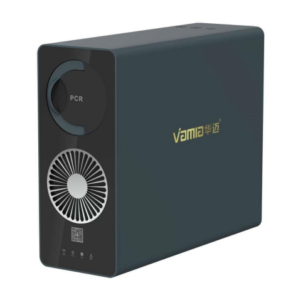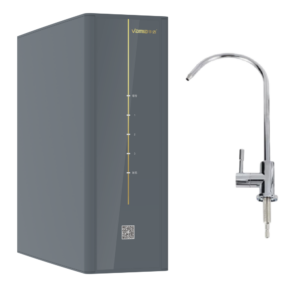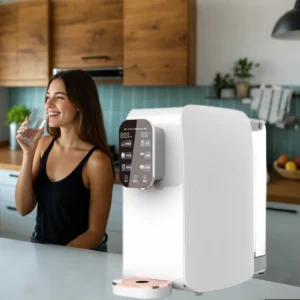Selecting the Best Water Purifier for Rural Water Quality
Rural water sources, such as wells or untreated mains, often contain higher levels of sediment,
iron, sulfur, and bacteria. Here’s how to choose a purifier that addresses these challenges:
iron, sulfur, and bacteria. Here’s how to choose a purifier that addresses these challenges:

-
Identify Contaminants: Test your water for common rural impurities like:
- Sediment/Particles: Require pre-filtration (5–20 micron sediment filters).
- Iron/Sulfur: Use iron filters or oxidation systems to remove metallic tastes and odors.
- Bacteria/Coliforms: UV sterilization or RO systems are essential for microbiological safety.
- Hard Water (Calcium/Magnesium): Consider water softeners or RO systems to reduce scaling.

-
Multi-Stage Filtration: A combination of sediment filters, activated carbon, and RO membranes (or UV)
is often necessary to tackle multiple contaminants. -
Durability and Maintenance: Rural areas may have inconsistent water pressure or supply, so choose
robust models with easy-to-access filters. Opt for stainless steel components to resist corrosion.
Water Purifier Factory, Water Purifier For Home, Water Purifier Machine,Water Purifier, Water Filter Purifier System -
Whole-House vs. Point-of-Use: For widespread water issues, a whole-house system (installed at the
main water line) treats all incoming water. For kitchen use alone, an under-sink RO system may suffice.
By tailoring the purifier to your specific water quality, you can enjoy clean, safe water in rural settings,
regardless of the source challenges.Selecting the Best Water Purifier for Rural Water Quality

